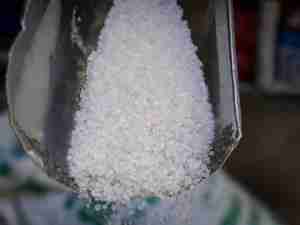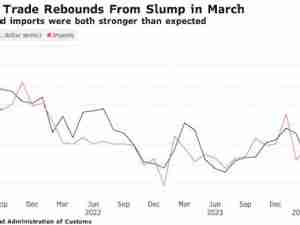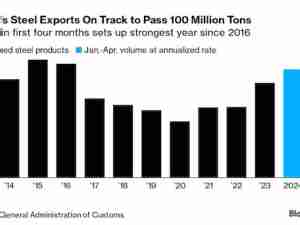The dispute contrasted the commitments of governments to fight protectionism with their right to defend local industries from floods of damaging imports, particularly from China.
"We find that in imposing the transitional safeguards measure on 26 September 2009 in respect of imports of ... tires from China, the United States did not fail to comply with its obligations," WTO panel said in its 219-page report.
The United States hailed the decision as Chinese officials were gathering in Washington for high-level trade talks.
"This is a major victory for the United States and particularly for American workers and businesses," U.S. Trade Representative Ron Kirk said in a statement.
A Chinese trade official in Geneva had no immediate comment.
President Barack Obama imposed the 35 percent duties on Chinese tires in September last year after the United Steelworkers union complained that surging imports of Chinese tires were hurting U.S. producers.
WTO rules allow members to impose temporary extra tariffs on goods to counter a destabilizing flood of imports.
Additional provisions were introduced to cover Chinese imports for a 12-year transitional period when China joined the WTO in 2001.
Obama was widely criticized at the time for his decision, which many saw as protectionist.
They argued it would drive up costs for consumers, hurt businesses involved with Chinese imports and simply open the market to cheap tires from other foreign producers.
The WTO ruling spared Obama the embarrassment former President George W. Bush faced in 2003 when a WTO panel ruled against tariffs he slapped on steel imports from around the world. The panel said the safeguard duties Bush imposed under a different provision of U.S. law weren't justified.
"We applaud the Obama administration for standing up and defending American jobs in its original decision to impose relief and in its strong defense of that action at the WTO," Steelworkers president Leo Gerard said.
The United States told the WTO that imports of Chinese tires had increased both in overall terms and in market share, and it was entitled to impose the safeguard under the terms of China's accession.
It said the volume of Chinese tire imports had more than tripled in four years, to reach $1.8 billion in value, while U.S. production had shrunk by more than 25 percent in the same period, with 14 percent of U.S. workers in the industry losing their jobs.
But China said the U.S. measures ran counter to the agreement by G20 leaders to resist protectionism, adding that its own figures showed a much smaller increase. Beijing said the changes in the U.S. industry were due to a move to focus on more expensive up-market products.
China had argued that the U.S. law under which the safeguard was imposed, section 421 of the Trade Act, imposed a narrower definition of injury than required under China's accession agreement to the WTO in 2001.
The three-year duty, imposed on top of a standard 4 percent tariff on car and light truck tires, fell to 30 percent in the second year and will drop to 25 percent in the third year.
Both sides now have up to 60 days to appeal. (Reuters)









